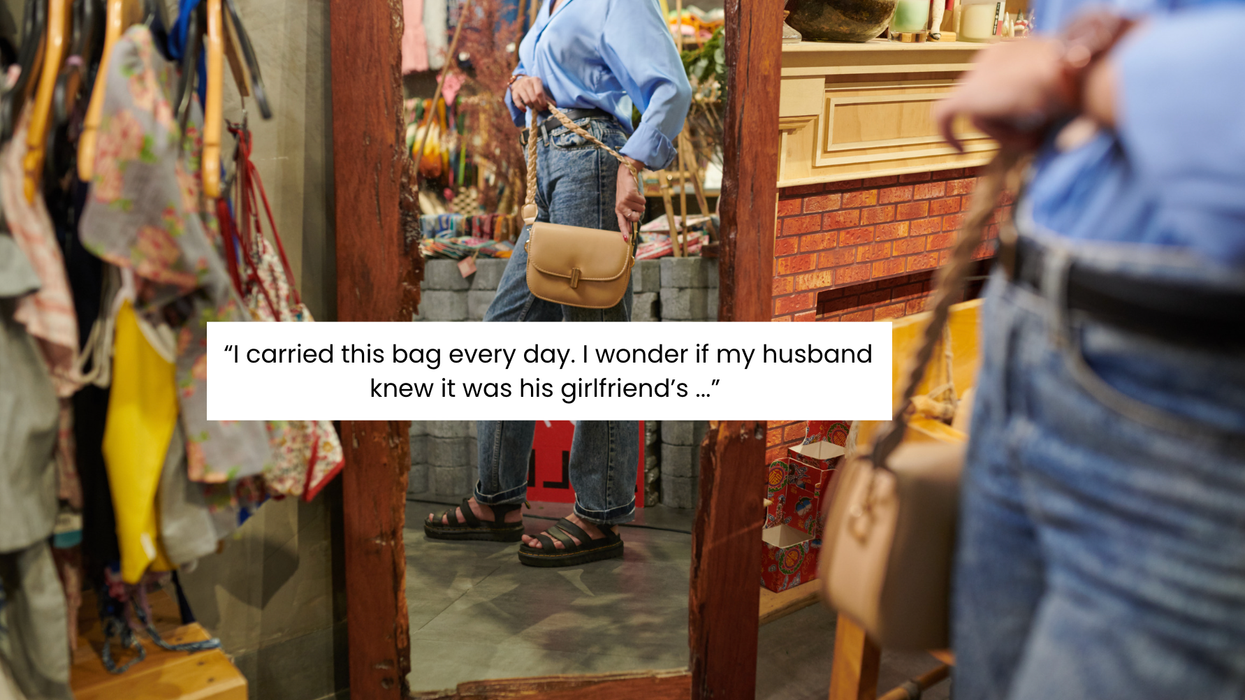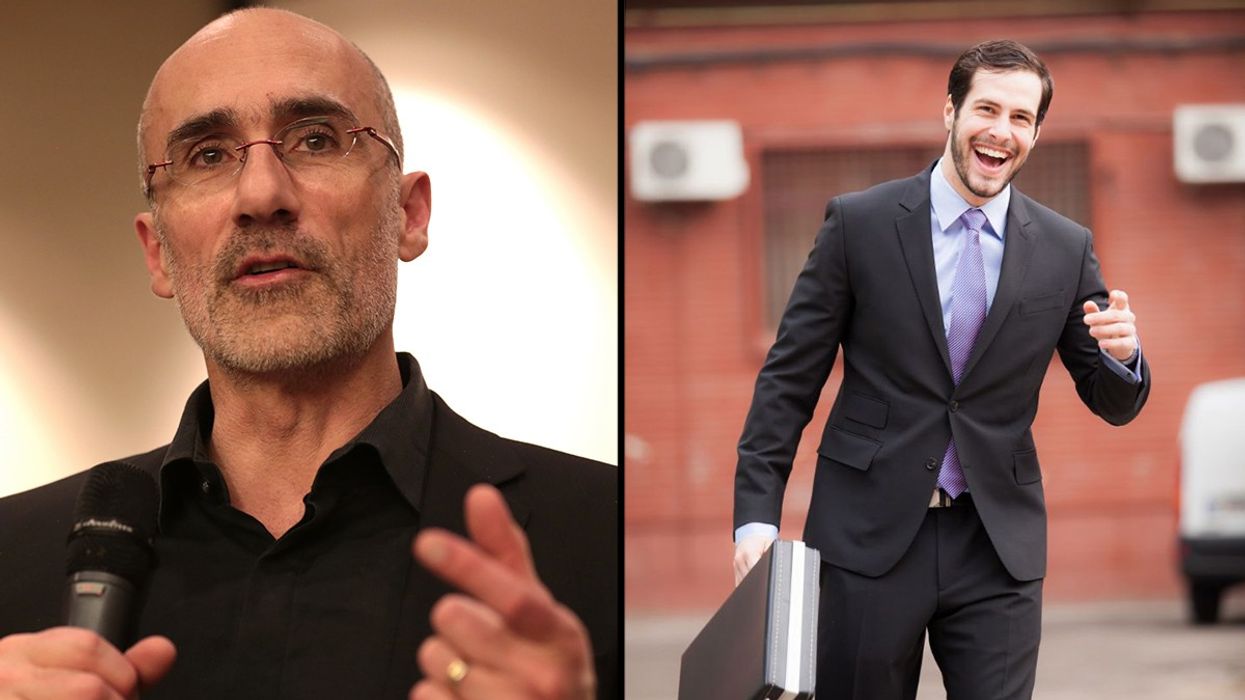On September 7, 2010, Middle East correspondent and Japanese citizen Kenji Goto, musing on his many years covering the region, tweeted a few words of wisdom. “Close your eyes and remain patient. Once you feel anger or yell, it’s over. It is almost like praying. To hate is not an undertaking for men; to judge is God’s domain. That is what my Arab brothers taught me.” This was a message of peace that sustained 47-year-old Goto through his numerous travels through war-torn Syria, which tragically culminated in his beheading this Sunday at the hands of local ISIS militants. Since October, Goto had been held captive as a bargaining chip, ISIS hoping to exchange him for a fighter imprisoned in Jordan, and coming just months after the abduction of fellow countryman, adventurer Haruna Yukawa. At the time of his capture Goto was in search of his lost friend, who had been missing since August. This 2007 message, forever recorded on social media, once again surfaced this weekend and by Monday had been circulated by over 20,000 users. The tweet, which espouses the peaceful ideals of Islam, as well as the virtues of tolerance, struck a chord with Twitter users hoping both to celebrate Goto’s life and his belief in a more peaceful world.
Though Goto’s physical journey, which also included reporting on the suffering of children in Sierra Leone, Afghanistan, Iraq, and elsewhere, has come to an end, his spirit and work has been given a second life on the web. While it’s common for the deceased to have social media accounts transformed into makeshift eulogies, Goto’s digitally echoing words continue to bring meaning and inspiration to thousands internationally. In the end, his simple tweet demonstrates the highest ideals of the internet as meeting place for global collaboration and communication.















 Otis knew before they did.
Otis knew before they did.